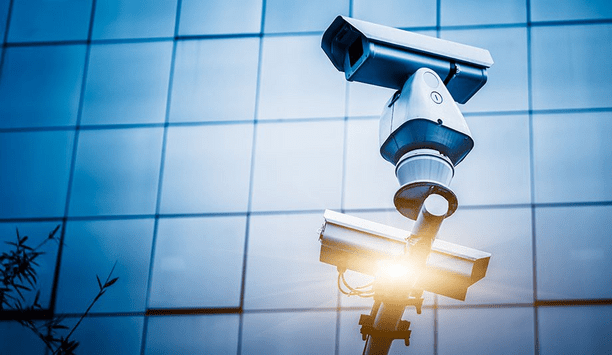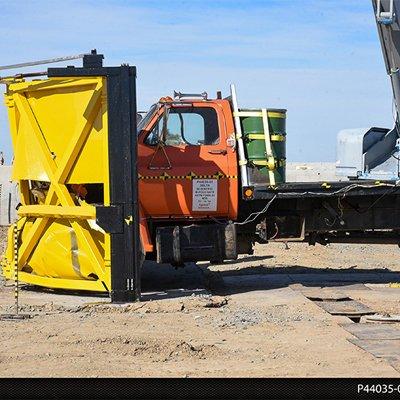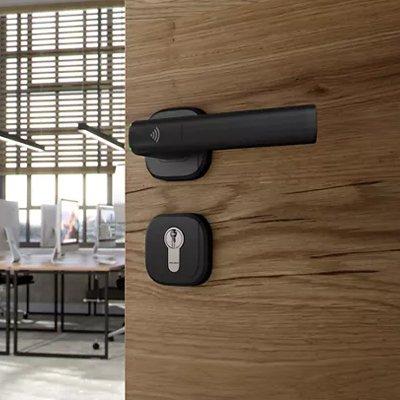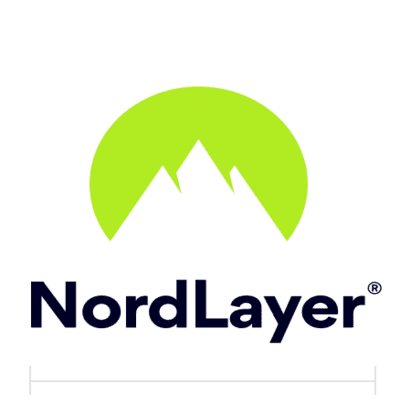The U.S. House of Representatives has voted 351-61 to ban federal agencies from buying Chinese-made surveillance cameras.
The measure was passed May 24 as an amendment to House Bill 5515, the Fiscal Year 2019 National Defense Authorization Act (NDAA), which is the funding plan for the military that also maps out a variety of policy priorities. The bill is at least several months away from becoming law, and it must still be considered by the Senate and then by a House-Senate conference committee before final passage. Changes can be made at each stage. It would also have to be signed by President Trump.
The amendment targeting video surveillance cameras was offered by Congresswoman Vicky Hartzler, a Missouri Republican. “Video surveillance and security equipment sold by Chinese companies exposes the U.S. government to significant vulnerabilities and my amendment will ensure that China cannot create a video surveillance network within federal agencies,” says Hartzler in a press release.
Companies affected by the ban
The proposed ban appears to lump our industry’s familiar video surveillance players together with other companies that the U.S. government has targeted for security concerns. Also mentioned in the amendment are Hytera Communications, a Chinese digital mobile radio manufacturer previously charged with patent infringement; and ZTE Corp., a Chinese telecommunications company accused of violating trade-sanction agreements and posing a threat to U.S. national security. The bill also mentions Huawei Technologies Co. Ltd., a Chinese telecommunications manufacturer previously investigated as a national security threat.The proposed ban appears to lump our industry’s familiar video surveillance players together with other companies that the U.S. government has targeted for security concerns
Two familiar companies in our industry – Hikvision and Dahua – are mentioned in the bill by their full names, Hangzhou Hikvision Digital Technology Co. and Zhejiang Dahua Technology Co. In addition to their branded video lines, the two companies also are the largest providers of OEM/'white label' cameras and video systems that are sold under other brand names, such as Honeywell, Stanley and UTC. The bill specifically mentions the inclusion of white label technology in the ban.
Addressing concerns
In the case of Hikvision, one concern is whether the company is owned by the Chinese government. Hikvision has previously addressed this issue, emphasising its ownership by “a diverse set of private and public entities” with the largest share belonging to a Chinese state-owned enterprise (SOE).
Hikvision declined to comment for this article. However, the company has published a statement (“Special Bulletin”): “We are actively working to assure our North American stakeholders that Hikvision strictly abides by the laws and regulations of each country in which it operates. We also affirm the fact that we hold our products to the industry’s global cybersecurity standards, including North America.”
The Hikvision statement continues: “As we continue to monitor and further deploy the necessary resources to address this matter over the coming weeks and months, please know that we will vigorously defend Hikvision from dangerous and unproven accusations about the cybersecurity of our products and solutions.”
If SIA decides to take a position based on member feedback, it will occur during the normal legislative process"
Commitment to compliance
Dahua answered our requests for a comment with the following official response: “Dahua Technology is a commercial enterprise with a high level of business integrity. The international company [is] committed to compliance with all applicable laws and regulations in the countries in which it does business.”
The company’s response continues: “Dahua Technology dedicates 10 percent of its revenue to research and development annually. Dahua has designated cybersecurity as a top priority and takes a comprehensive and systemic approach, with complementary and redundant safeguards built into its technology, services and organisational practices. Dahua Technology is positioning itself as a cybersecurity leader within the video surveillance industry.”
The Security Industry Association (SIA) has submitted the House amendment to its government relations committee for review and consideration. “Any recommended position by the government relations committee will be referred to the SIA Executive Committee for their consideration and approval,” says Don Erickson, CEO of SIA. “If SIA decides to take a position based on member feedback, it will occur during the normal legislative process as the bill is considered by the Senate, and then ultimately by a House-Senate conference committee.”
Impact on global video camera supply
Congresswoman Hartzler’s amendment is aimed at “ensur[ing] federal agencies do not purchase Chinese-made surveillance cameras,” according to the press release from her office. Obviously, there are more than just the two mentioned companies manufacturing surveillance cameras in China, so the question becomes whether the intent is to ban all Chinese cameras from government use. Such a proposal would create an even larger issue, given that 60 to 65 percent of the global supply of commercial video cameras are manufactured in China, according to one industry source.60 to 65 percent of the global supply of commercial video cameras are manufactured in China, according to one industry source
The bill does not address the possible use of Chinese-made components in cameras that are assembled elsewhere in the world (but technically are not 'made in China'). “Those types of issues are commonly explained in implementation guidelines that would be created afterwards if the proposed language becomes law,” says Erickson.
The NDAA is unlikely to become law for several months. A version previously passed by the Senate Armed Services committee must be presented to the full Senate, where it can also be amended. Then the House and Senate bills must be reconciled.











































